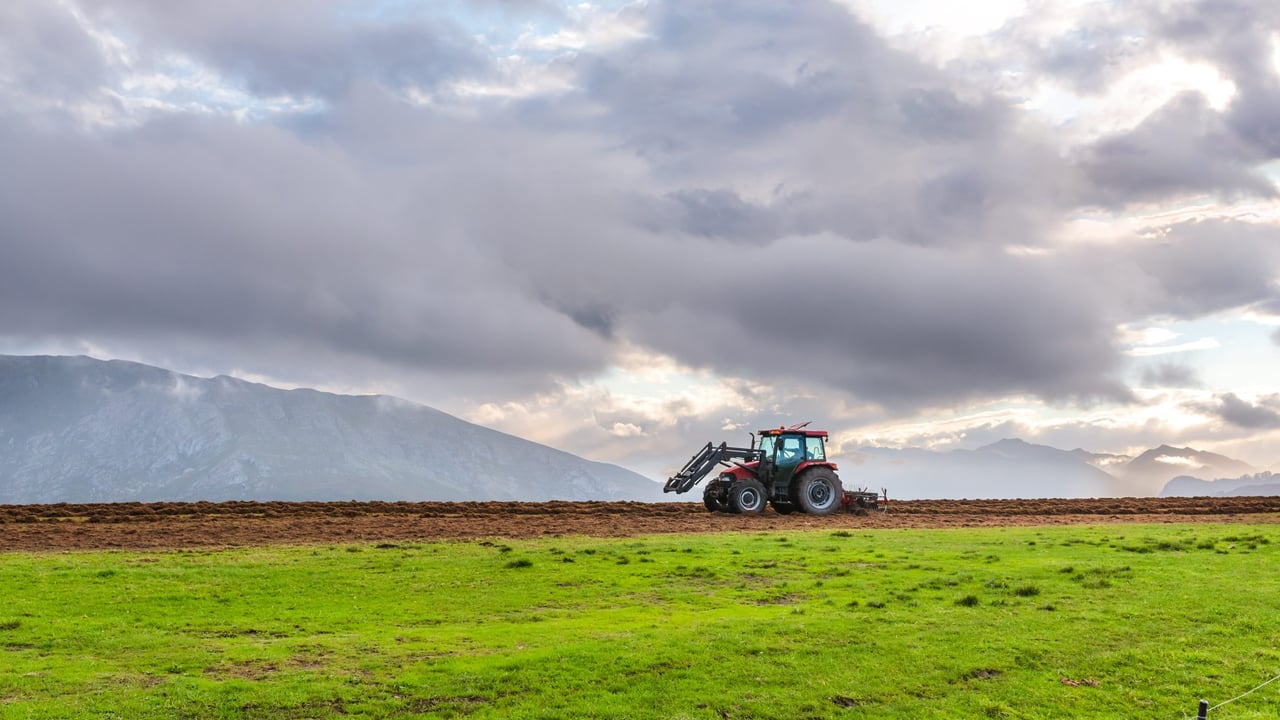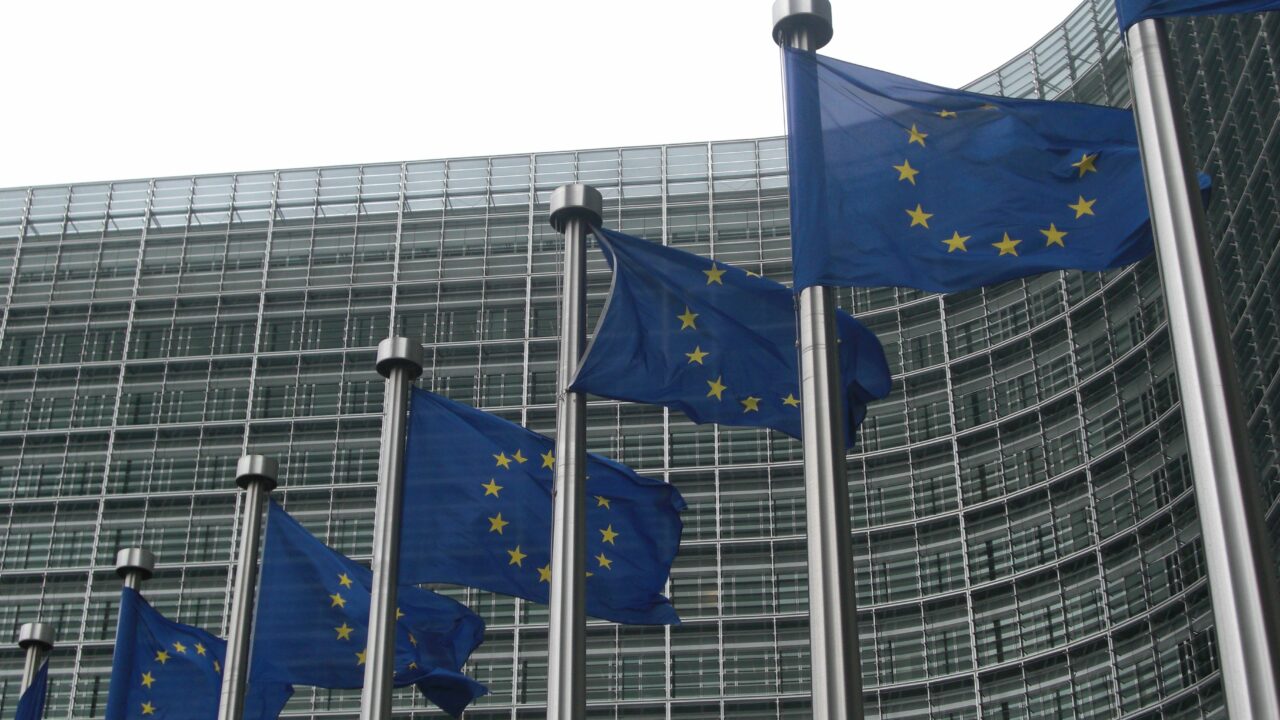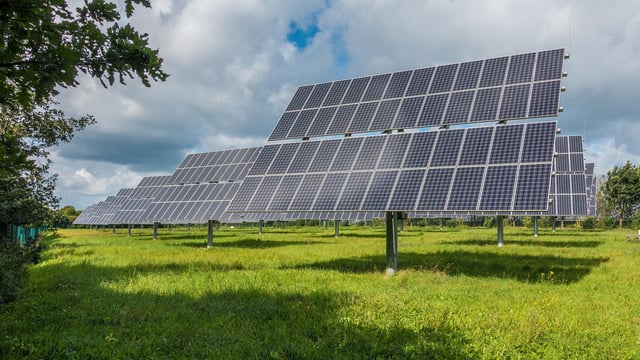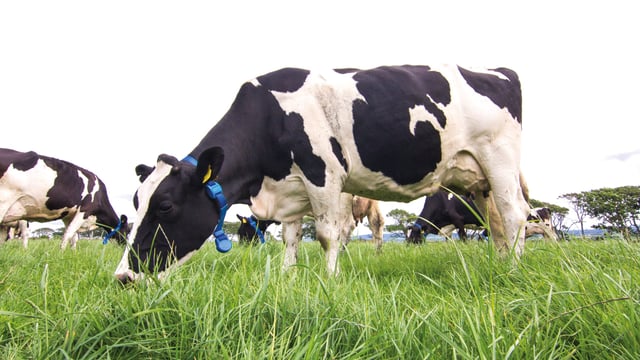EU farm orgs 'strongly oppose' planned Mercosur deal ratification
A group of European farming organisations has come together to strongly reject the potential conclusion of the EU-Mercosur Free Trade Agreement (FTA).
In a joint statement, the group said that the European Commission is planning to finalise the controversial agreement at the G20 summit which takes place in Brazil in mid-November.
The four organisations, including Copa Cogeca and CEJA, represent farmers, cooperatives, workers' unions and employers in the European agricultural sector.
They have said that they "strongly opposed to the ratification of this agreement", adding that this is "an extremely worrying development for the European agricultural community".
"The overall outcome of the EU-Mercosur FTA negotiations would expose the EU agri-food sector to unfair competition with negative consequences for farmers’ livelihoods, wages, working conditions and employment.
"What's more, the current draft doesn't contribute to raising social and environmental standards in Mercosur countries and increases the risk of breaking up regional value chains in those countries," the group said.
They said that farmers cannot accept that the agri-food sector is "treated as a bargaining chip to promote the export of other goods".
They added that consideration has not been given to "the serious economic, social and environmental impacts that such decisions have on the primary sector".
"While the EU is committed to achieving ambitious environmental goals, the Mercosur agreement, even with the additional protocol, will not include strong, binding and enforceable safeguards to ensure that the environment is protected, and that human and labor rights are respected.
"This lack of coherence jeopardises the overall objective of the union to foster a transition towards more sustainable food systems," they added.
The group noted that the Mercosur region already has "a pre-eminent position among EU market suppliers in many commodities".
"Further opening of the EU market to Mercosur agricultural imports, especially of sensitive products, such as: beef, poultry, and sugar, would expose the EU agri-food sector to additional unfair competition.
"At the same time, it will be difficult to increase exports of EU products to Mercosur countries due to the economic downturn in some of these countries.
"Experience shows that in the absence of strong consumer demand, trade is unlikely to act as an independent driver of growth," they added.
The group said that signing the Mercosur agreement would be in "strong contradiction" with the principles set out report on the Strategic Dialogue on Agriculture.
Copa Cogeca, CEJA, EFFAT and GEOPA called on the EU institutions and national governments to listen to farmers and farm workers in Europe and halt the negotiations of the EU-Mercosur trade agreement.
"Farmers and farm workers ensure food is everyday available on our tables. They deserve recognition and respect, not social dumping and unfair competition," the group said.
During a speech last week at the University of Brasilia, European Commissioner for Trade Valdis Dombrovskis said that he is "convinced that an agreement between the EU and Mercosur is important, both politically and economically".
"Our agreement would create a marketplace between two regions with a combined population of over 700 million people. This would be one of the world's largest economic and trade partnerships," he said.
"We estimate that this agreement would result in gross domestic product (GDP) rising by up to €15 billion in the EU and up to €11.4 billion in Mercosur countries.
"The EU-Mercosur agreement is modern and innovative, reflecting the latest standards on trade and sustainable development.
"Over the last year, we have been negotiating an additional instrument to provide ambitious and detailed commitments on sustainable development, particularly on addressing deforestation. This additional instrument would then be incorporated in the agreement," he said.
The address did not specifically mention the concerns raised by European farmers about the proposed trade deal.






